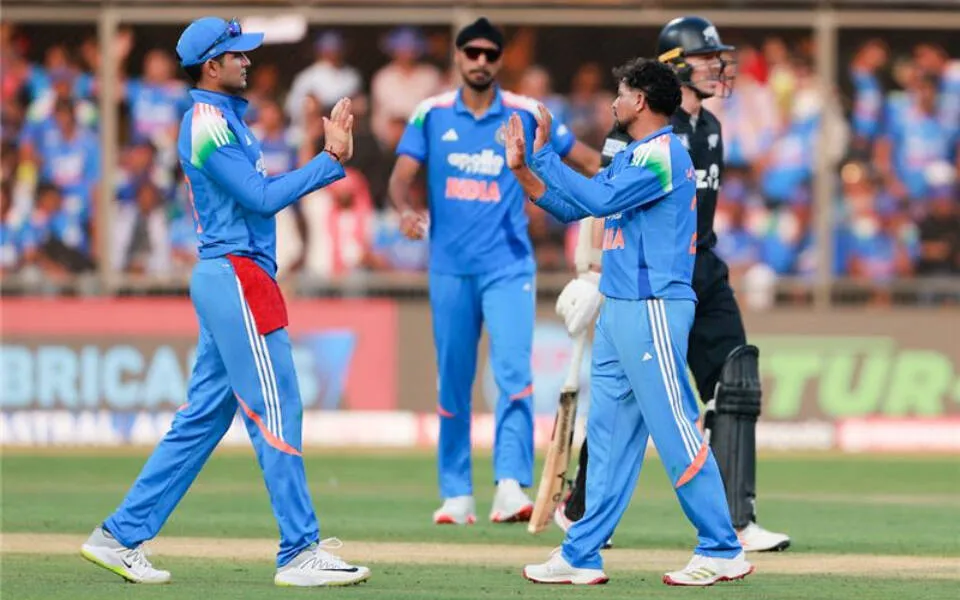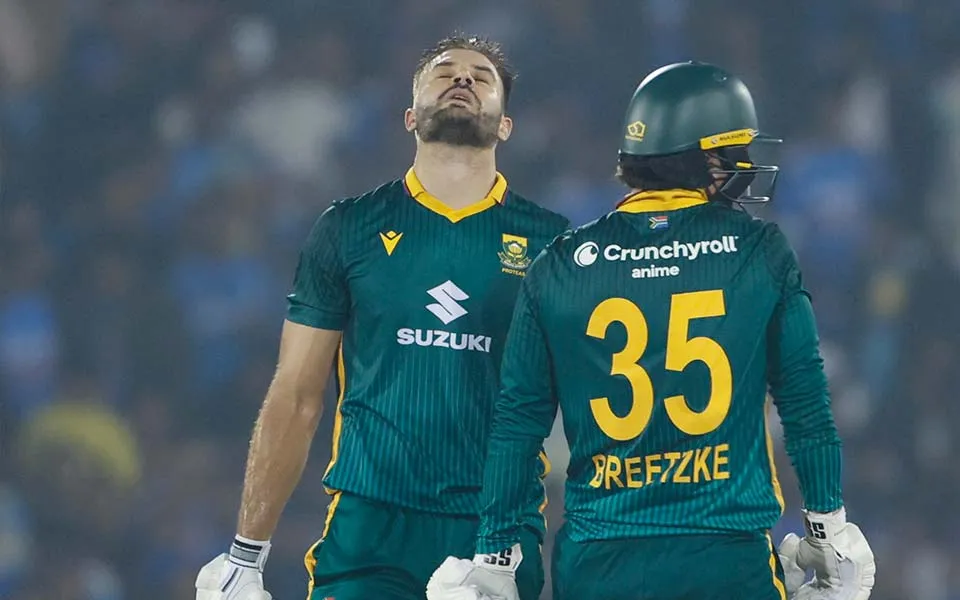At Melbourne’s storied Melbourne Cricket Ground (MCG), debutant batsman Sam Konstas had a spectacular debut in the much-anticipated Boxing Day Test match against India.
The innings’ twentieth over saw the right-hand batsman get out lbw (Leg Before Wicket) at the hands of orthodox spinner Ravindra Jadeja. After returning to the changing room, the player immediately emerged and began speaking with the official announcers. The player may face consequences for the incident, as the teenager was also seen taking some photos with the supporters at the ‘G’.
In his very first appearance on the international stage,
Sam Konstas struck an incredible 60 runs off of just 65 balls against a strong Indian assault that included players like Mohammed Siraj and Jasprit Bumrah.
It is against the ICC’s playing conditions and rules for any player or match official to leave the designated Players and Match Officials Area (PMOA) without the proper authorisation from the relevant authority or authorities.
How does the ICC feel about this?
The ICC Anti-Corruption Minimum Standards for Players and Match Officials Areas (PMOA) state that “the Anti-Corruption Manager (ACM) must give express permission to leave the PMOA during the match; if the ACM is not available, the relevant team manager or Match Referee (in the case of a Match Official) must notify the ACM as soon as possible.”
Furthermore, during an ongoing match, neither players nor match officials are allowed to use or even hold any mobile devices or internet-connected gadgets.
Except in certain circumstances, communication devices are not allowed within the PMOA. “Without exception, no player may possess or use a communication device (such as a cell phone or an internet-connected device) while in the PMOA,” the ICC policy adds.
“Failure to comply with PMOA regulations may result in financial penalties,” the rule says at the end of the discussion.
Given that the 19-year-old Konstas allegedly violated all of the above described procedures, he will probably be questioned about it and, if convicted, could be subject to financial penalties.




![[WATCH] IND vs NZ 2026: Virat Kohli gifts signed jersey to Daryl Mitchell after third ODI 5 [WATCH] IND vs NZ 2026: Virat Kohli gifts signed jersey to Daryl Mitchell after third ODI](https://cricketmood.com/wp-content/uploads/2026/01/Kohli-Mitchell.jpg)